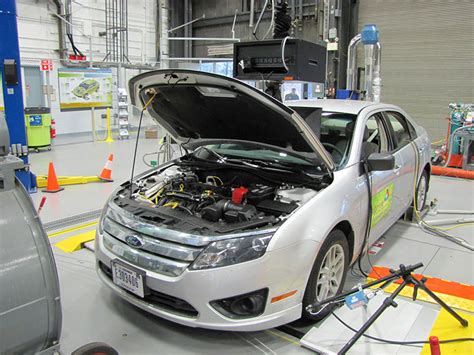Powertrain Malfunction: Avoid Unnecessary Repairs
A dreaded warning light illuminates your dashboard: "Powertrain Malfunction." Panic sets in. The cost of car repairs, especially those involving the powertrain, can be substantial. Before you rush to the nearest mechanic, understand what a powertrain malfunction might mean and how to avoid unnecessary expenses. This comprehensive guide will equip you with the knowledge to navigate this situation effectively.
What Does "Powertrain Malfunction" Actually Mean?
The term "powertrain" encompasses all the components that work together to move your vehicle. This includes the engine, transmission, drive axles, and related systems like the clutch (in manual transmissions) and the differential. A "powertrain malfunction" is a broad diagnostic trouble code (DTC) indicating a problem within this complex system. It's a general warning, not a specific diagnosis. Think of it as a "check engine" light for your vehicle's drivetrain. The actual cause could range from a minor issue to a major problem.
What are the Common Causes of a Powertrain Malfunction?
Many factors can trigger a powertrain malfunction light. Some of the most frequent culprits include:
- Low Transmission Fluid: Insufficient transmission fluid can lead to overheating and damage. Regular fluid checks and changes are crucial.
- Faulty Sensors: Various sensors monitor the powertrain's performance. A malfunctioning sensor can trigger the warning light even if there's no significant mechanical problem.
- Problem with the Transmission: This could range from a simple solenoid issue to more extensive internal damage requiring a complete rebuild or replacement.
- Engine Issues: Problems within the engine itself, such as a failing sensor, spark plug issues, or even a more serious mechanical problem, can also trigger the powertrain malfunction light.
- Drivetrain Problems: Issues with the driveshaft, axles, or differential can also trigger this warning.
- Loose Gas Cap: Believe it or not, a loose or damaged gas cap can sometimes trigger this light due to the emission control system.
How to Diagnose a Powertrain Malfunction Without Breaking the Bank?
Don't immediately assume the worst. Before rushing to an expensive repair shop, take these steps:
- Check the Obvious: Start with the simple things. Check your fluid levels (transmission, engine oil). Ensure your gas cap is securely tightened.
- Read the Code: Use an OBD-II scanner (available relatively inexpensively at most auto parts stores) to read the diagnostic trouble codes. This will provide a more specific indication of the problem. Many smartphone apps can also read these codes.
- Research Your Findings: Once you have the code, research its meaning online. Many websites and forums provide detailed explanations of DTCs.
- Consult a Trusted Mechanic: While DIY repairs can be tempting, if the problem is beyond your expertise, seek advice from a trusted and reputable mechanic. Get multiple quotes before committing to repairs.
Can I Still Drive My Car with a Powertrain Malfunction Light?
This depends entirely on the severity of the underlying problem. Ignoring the warning light could lead to more extensive and costly damage. While a loose gas cap might not immediately harm your vehicle, a failing transmission could cause catastrophic damage if driven for extended periods. If the light comes on, it's best to drive cautiously and seek professional diagnosis as soon as possible.
How to Avoid Unnecessary Powertrain Repairs?
Preventative maintenance is key. Regular servicing, following the manufacturer's recommended schedule, significantly reduces the likelihood of major powertrain issues. This includes:
- Regular Fluid Changes: Change your engine oil, transmission fluid, and differential fluid according to the manufacturer's recommendations.
- Inspect Belts and Hoses: Regularly inspect belts and hoses for wear and tear.
- Regular Inspections: Have your vehicle inspected regularly by a trusted mechanic to catch potential problems early.
What if my mechanic recommends extensive repairs?
Always get a second opinion before authorizing expensive repairs, especially if the problem seems complex. Discuss the issue thoroughly with the mechanic, ensure you understand the diagnosis, and ask about the warranty on the parts and labor.
By understanding the potential causes of a powertrain malfunction and taking proactive steps, you can avoid unnecessary expenses and keep your vehicle running smoothly for years to come. Remember, knowledge is power, especially when it comes to maintaining your car.

